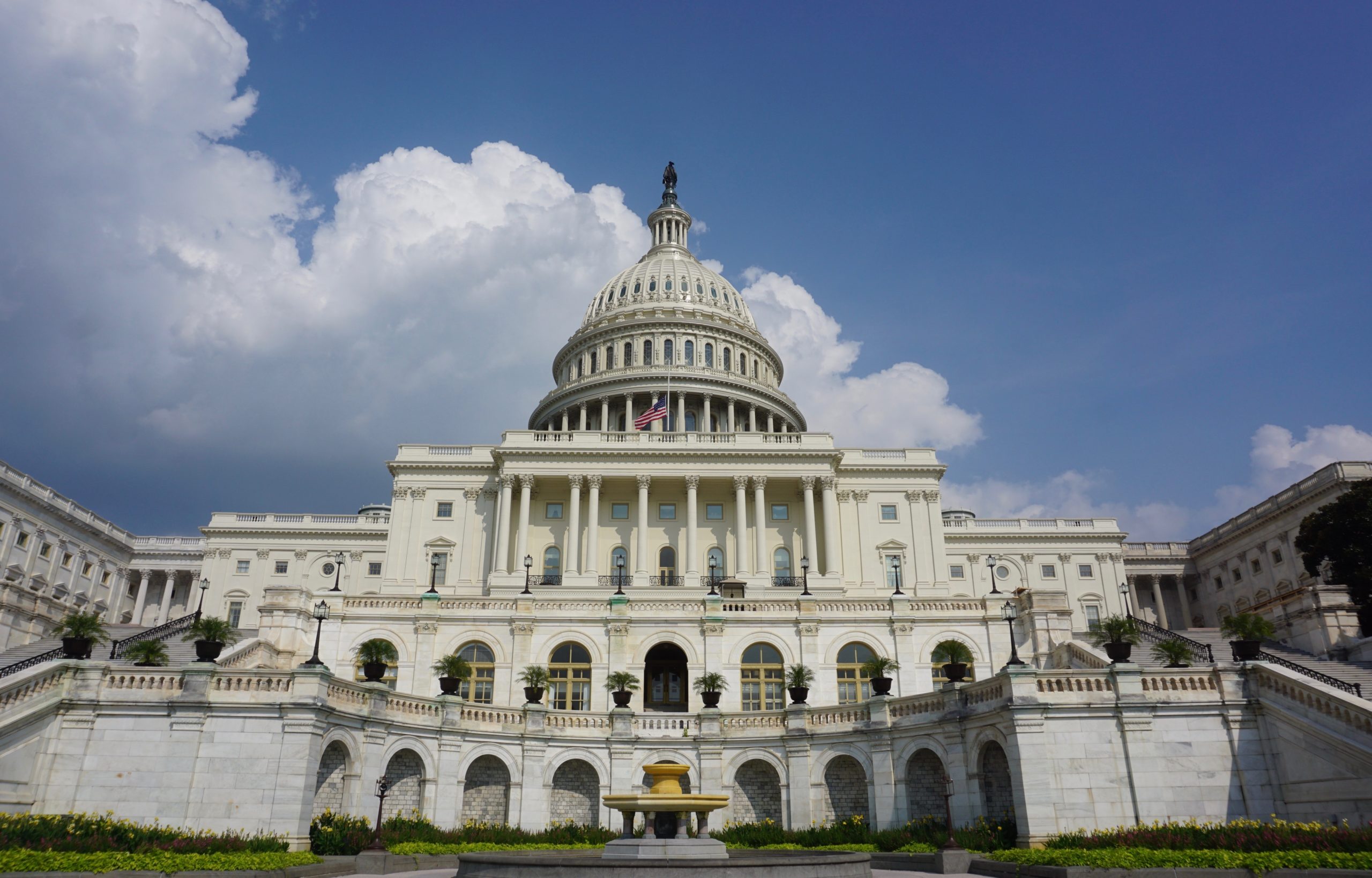New Year, New Uncertainties: Estate Planning Changes on the Horizon

Posted on January 27, 2021 by Denver Gant
With Democrats gaining control of the White House, the House of Representatives, and, albeit somewhat tenuously, the Senate, there is a growing possibility of legislative changes to the federal estate tax laws to fulfill Democratic policy objectives and combat the significant budget deficits caused in part by the Covid-19 pandemic. In the unlikely event some legislative tax reforms do not occur before 2026, the automatic reduction of the federal exemption amount on January 1, 2026 looms as an estate planning deadline. With the current uncertainty, taxpayers should keep an eye on legislative developments and, if new legislation seems imminent, be aware of the need to update estate plans or implement tax-planning strategies before the effective date of such new laws.
Current Federal Estate Tax Overview
Federal estate tax laws have changed significantly in the past 20 years. In 2001, the federal government imposed a tax of 55% on estates larger than $675,000 per person. While that exemption amount mostly increased over the past few decades, the Tax Cuts and Jobs Act, which former President Trump signed into law in 2017 doubled the lifetime estate, gift, and generation-skipping transfer (“GST”) tax exemption amounts. In 2021, the exemption amount is $11.7 million per person (which is indexed for inflation and will rise through 2025), or $23.4 million per married couple. Estates larger than the federal exemption amount face a 40% federal tax. With this historically high exemption amount, the federal estate tax affects far fewer estates than in past years. But changes are on the horizon.
Potential and Automatic Changes to the Federal Estate Tax
During the presidential election campaign, then-candidate Biden indicated he would support reforms to the federal estate tax laws (along with a number of other tax reforms). Estate tax experts anticipate that legislative proposals may include a lower exemption amount (with some consensus in the range of $3.5 to $5 million per person), a higher estate tax rate, and other revisions that may impact commonly utilized gifting and valuation strategies. However, while Democrats control Congress, their razor-thin margin in the Senate may yet prove to be an obstacle to significant or lasting reforms. If legislation passes in 2021 or early 2022, it is possible that such legislation will be applied retroactively to January 1, 2021. Proposals and actions taken over the next several months will help to clarify whether and how federal estate tax laws may change.
If estate tax legislation does not pass in the next five years, the higher exemption amount passed under the Tax Cuts and Jobs Act automatically reduces to $5 million per person (indexed for inflation, so the exact amount will likely be higher) on January 1, 2026. With the substantially lower exemption amount in 2026 (assuming no legislative changes before that time), questions arose on how the IRS would treat gifts made using the higher exemption amount in the years before 2026. In response, the IRS clarified that it would not claw back gift or estate taxes on the difference between the current exemption amounts and the lower one available beginning in 2026. For example, if a taxpayer makes an $11 million gift in 2021, and passes away in 2026 when the exemption may be $5 million, the IRS will not seek taxes on the excess $6 million. Accordingly, gifting strategies have been a key component of estate plans over the past several years and will likely continue.
Washington Estate Tax Remains Unchanged
While the federal estate tax rules are in a state of flux, there is no uncertainty about Washington’s estate tax. Washington is one of the few states in the nation with its own estate tax (but no gift or GST tax). For 2021, the Washington exemption is $2.193 million per person. Taxable estates in excess of the Washington exemption amount face a graduated tax of 10% to 20%. Due to the lower exemption, the Washington estate tax impacts many more estates than its federal equivalent. Estate planning on the state level remains extremely important for Washington residents.
Planning in Uncertain Times
The potential for legislative reforms in the near term to federal estate tax laws, and the automatic reduction of the federal exemption amount in 2026, present a challenging climate for estate planning. Individuals with estates in excess of the lower range of the potential future federal exemption amount should keep a watchful eye on Congressional developments. If legislative changes appear likely to pass in the next two years, limited tax-advantageous windows may be available to individuals who are prepared to take advantage of the opportunity. If Congress does not act, tax-planning strategies should be in place well in advance of the looming automatic reduction to the federal exemption amount at the end of 2025. Either way, the need to review and retain flexibility in estate plans is paramount in these uncertain times.
If you would like to know more about your planning options and how the potential or future changes may impact your estate plan, please contact me, or any of the estate planning attorneys at Lasher Holzapfel Sperry & Ebberson PLC. We will be happy to assist you.

